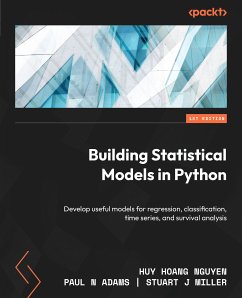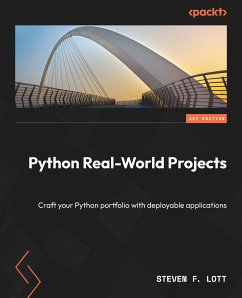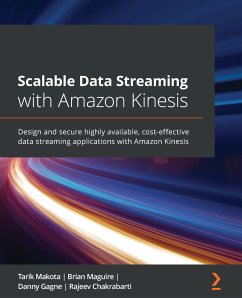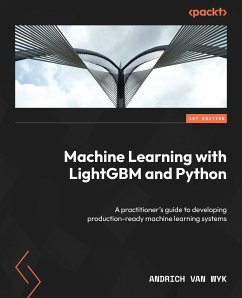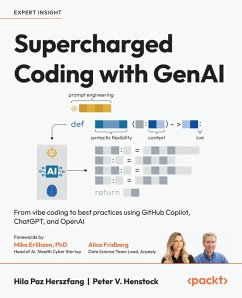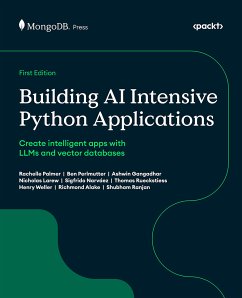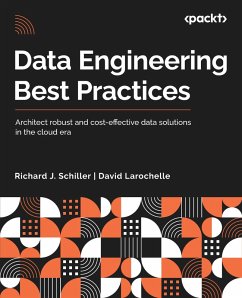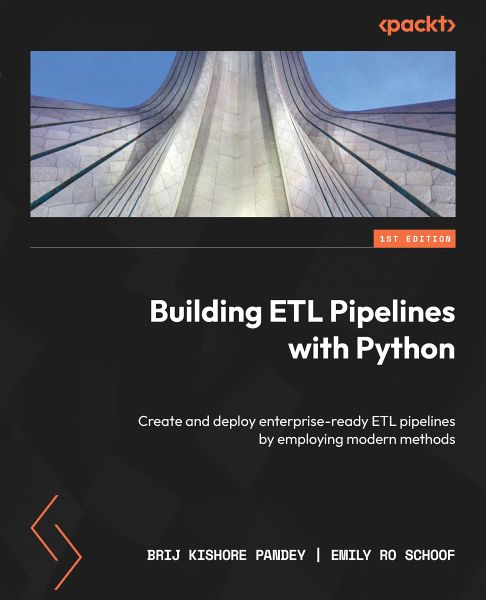
Building ETL Pipelines with Python (eBook, ePUB)
Create and deploy enterprise-ready ETL pipelines by employing modern methods
Versandkostenfrei!
Sofort per Download lieferbar
35,99 €
inkl. MwSt.
Weitere Ausgaben:

PAYBACK Punkte
0 °P sammeln!
Modern extract, transform, and load (ETL) pipelines for data engineering have favored the Python language for its broad range of uses and a large assortment of tools, applications, and open source components. With its simplicity and extensive library support, Python has emerged as the undisputed choice for data processing. In this book, you'll walk through the end-to-end process of ETL data pipeline development, starting with an introduction to the fundamentals of data pipelines and establishing a Python development environment to create pipelines. Once you've explored the ETL pipeline design ...
Modern extract, transform, and load (ETL) pipelines for data engineering have favored the Python language for its broad range of uses and a large assortment of tools, applications, and open source components. With its simplicity and extensive library support, Python has emerged as the undisputed choice for data processing. In this book, you'll walk through the end-to-end process of ETL data pipeline development, starting with an introduction to the fundamentals of data pipelines and establishing a Python development environment to create pipelines. Once you've explored the ETL pipeline design principles and ET development process, you'll be equipped to design custom ETL pipelines. Next, you'll get to grips with the steps in the ETL process, which involves extracting valuable data; performing transformations, through cleaning, manipulation, and ensuring data integrity; and ultimately loading the processed data into storage systems. You'll also review several ETL modules in Python, comparing their pros and cons when building data pipelines and leveraging cloud tools, such as AWS, to create scalable data pipelines. Lastly, you'll learn about the concept of test-driven development for ETL pipelines to ensure safe deployments. By the end of this book, you'll have worked on several hands-on examples to create high-performance ETL pipelines to develop robust, scalable, and resilient environments using Python.
Dieser Download kann aus rechtlichen Gründen nur mit Rechnungsadresse in A, B, BG, CY, CZ, D, DK, EW, E, FIN, F, GR, H, IRL, I, LT, L, LR, M, NL, PL, P, R, S, SLO, SK ausgeliefert werden.




